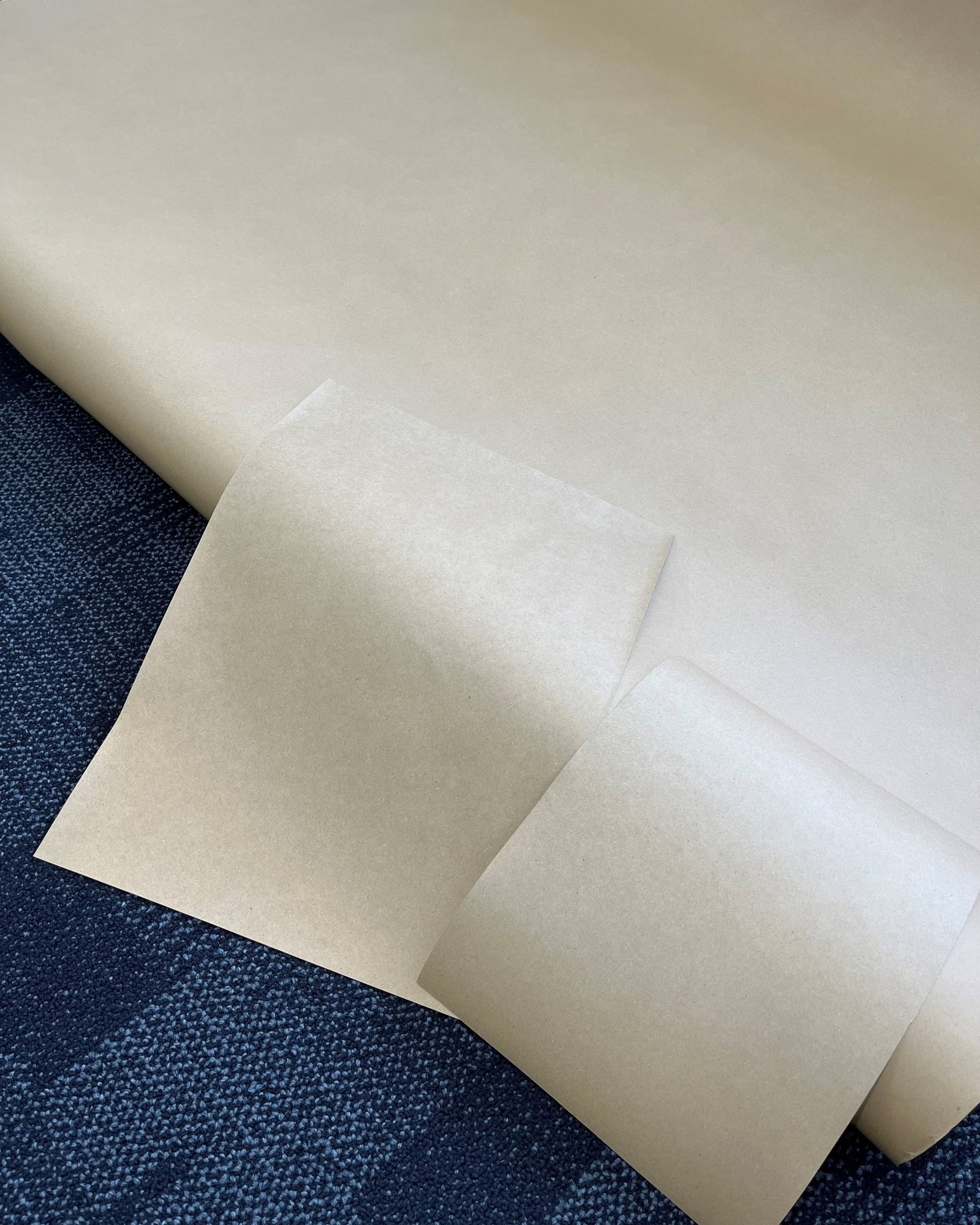Teijin Cordley Limited and WR Supply Inc. today announced they will jointly develop a new process for recycling release paper from artificial leather manufacturing. Using the technology to manufacture the base paper for artificial leather release paper using raw materials derived from 100% recycled paper, it will be possible to recycle the used release paper into recycled base paper and other paperboard products. The new process incorporates WR Supply’s EB Series base paper. When used to replace conventional products, EB Series base paper is expected to reduce CO2 emissions from manufacturing new base paper and incinerating used release paper, as well as promote recycling. This achievement will be a first for Japan.

Image Credit: Teijin Cordley Limited
Teijin Cordley is the Teijin Frontier Group's high-grade artificial leather business; WR Supply is a venture focused on ecologically recycled products and environmental consulting. Teijin Cordley has been promoting environmentally friendly products and manufacturing processes, such as using recycled raw materials for artificial leather base fabrics and using water-based polyurethane without organic solvents. Teijin Cordley and WR Supply will start recycling of used release paper with Rengo Co., Ltd., a corrugated board, paperboard and packaging specialist, at the end of 2023. The two companies will contribute to the realization of a recycling-focused society by working with the release paper and artificial leather industries to build a system that advances sustainable recycling.
Promoting Circularity
Release paper used in manufacturing artificial leather is a two-layer structure comprised of a base paper and a resin coating. The resin is used as a mold to transfer patterns and textures such as natural leather markings and geometric designs to the artificial leather surface. In the new collaboration, Teijin Cordley will collect used release paper from its artificial leather manufacturing production. Rengo will recycle and process the used release paper, and produce EB Series base paper in accordance with WR Supply’s patent. Rengo will use the recycled release paper for other kinds of paperboard. WR Supply will sell the EB Series base paper to manufacturers of release papers. To complete the circle, Teijin Cordley will purchase release paper made with EB Series base paper and use it for artificial leather production.
Reducing CO2 Emissions and Conserving Trees
WR Supply’s patented process and Rengo’s paperboard manufacturing technology enable recycled paper to be dissolved in water, avoiding the need for heat and chemicals to separate pulp chips. These environmentally impactful ingredients, as well as the from virgin pulp. Using this novel method reduces CO2 emissions during manufacturing by approximately 60 percent, according to studies by WR Supply. Further, thanks to the use of 100 percent recycled content, there is no need to cut down additional trees. For example, when 10,000 m of conventional base paper is replaced with EB Series base paper, approximately 100 acacia trees can be conserved. By recycling the base paper portion of used release paper from artificial leather, Teijin Cordley will be able to reduce CO2 emissions from incineration by approximately 100 tons per year, and to reduce the volume of industrial waste derived from used release paper by 80 percent per year. Importantly, EB Series base paper delivers the same quality as conventional base paper, even though it is made from recycled paper.